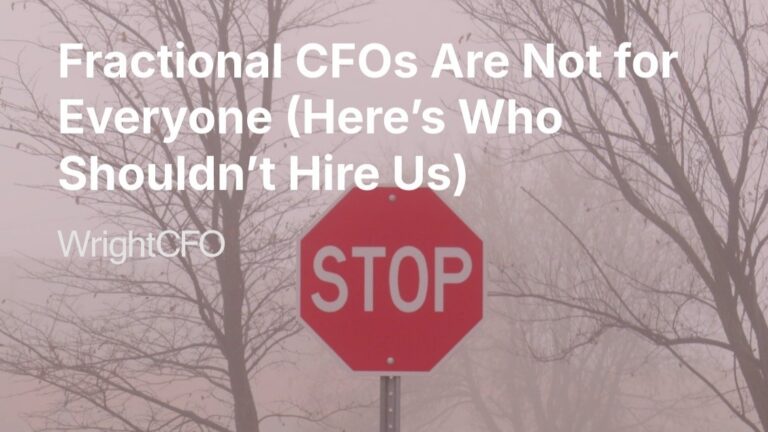Saudi Arabia’s Vision 2030: Opportunity Knocks for Fractional CFOs?
This week, I’ve had two separate inquiries for Fractional CFO support in Saudi Arabia. This piqued my interest, leading me to delve into Saudi Vision 2030. It raises some interesting questions: What exactly is Saudi Vision 2030? Is this leading to a surge in business activity? And, more specifically, could this translate to a growing demand for Fractional CFOs? Let’s explore.
What is Saudi Vision 2030?
Saudi Vision 2030 is an ambitious strategic framework launched by the Saudi government to diversify its economy, reduce its dependence on oil, and develop various public service sectors such as health, education, infrastructure, recreation, and tourism. Key objectives include:
- Economic Diversification: Moving away from oil reliance by investing in new industries.
- Private Sector Growth: Encouraging entrepreneurship and attracting foreign investment.
- Improved Quality of Life: Enhancing public services and creating a more vibrant society.
Are Businesses Moving to Saudi Arabia?
The short answer is: increasingly, yes. The Saudi government is actively incentivising foreign companies to establish a presence in the Kingdom through:
- Special Economic Zones: Offering tax breaks, streamlined regulations, and other benefits.
- Infrastructure Investments: Developing world-class infrastructure to support business growth.
- Regulatory Reforms: Easing business regulations and improving the investment climate.
While the pace of change varies across sectors, there’s a definite trend of increased business activity and foreign investment.
The Rise of Fractional CFOs?
This is where it gets interesting. As businesses, especially SMEs and startups, expand into or within Saudi Arabia, they often need expert financial guidance but may not be ready for a full-time CFO. This creates a potential sweet spot for Fractional CFOs who can provide:
- Strategic Financial Planning: Navigating the Saudi market, developing financial models, and securing funding.
- Compliance Expertise: Ensuring adherence to local regulations and reporting requirements.
- Financial Controls: Implementing robust financial systems and processes.
- Growth Management: Supporting business expansion and optimising financial performance.
Given the rapid changes and growth ambitions outlined in Vision 2030, Fractional CFOs could be in high demand.
Navigating Cultural Differences and Considerations:
It’s crucial to acknowledge and respect the cultural nuances of doing business in Saudi Arabia. This goes beyond just knowing the language (though that helps!). Key areas to be mindful of include:
- Business Etiquette: Understanding protocols around meetings, negotiations, and relationship building.
- Communication Styles: Paying attention to non-verbal cues and adapting communication accordingly.
- Religious Observances: Being aware of prayer times and respecting religious holidays.
Women in the Saudi Workforce:
One area of significant change is the increasing role of women in the Saudi workforce. Vision 2030 has a strong focus on empowering women and increasing their participation in the economy. While challenges remain, progress is being made, and there are increasing opportunities for women in various sectors. It’s important to research and understand the specific regulations and cultural norms related to women in the workplace.
A Young and Changing Population:
Saudi Arabia has a predominantly young population, with a significant percentage under the age of 30. This demographic shift is driving demand for modernisation, innovation, and economic diversification. This younger generation is often more open to new ideas, technologies, and ways of doing business, which can create a more dynamic and forward-thinking environment. This also signifies future change, with a generation that will likely continue to push for further reforms.
Conclusion:
Saudi Vision 2030 presents significant opportunities for businesses and professionals alike. While challenges remain, the potential rewards – particularly for Fractional CFOs with the right skills, cultural awareness, and adaptability – are substantial. The key is to approach the market with informed optimism, a commitment to compliance, and a willingness to embrace the evolving landscape.
If you’re exploring expanding into new geographical markets, contact WrightCFO to help with your expansion strategy and financial planning.
This article was originally published here on LinkedIN on September 24th, 2025.










